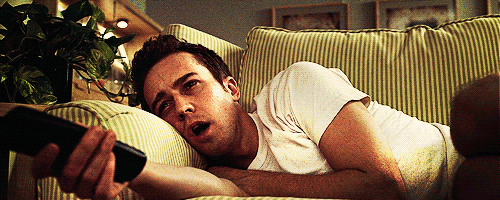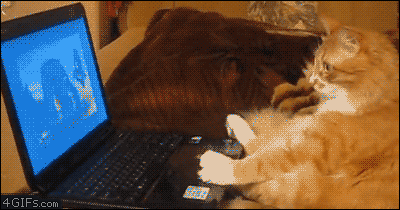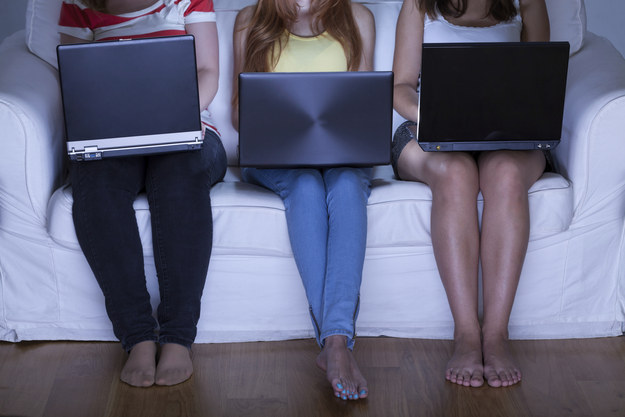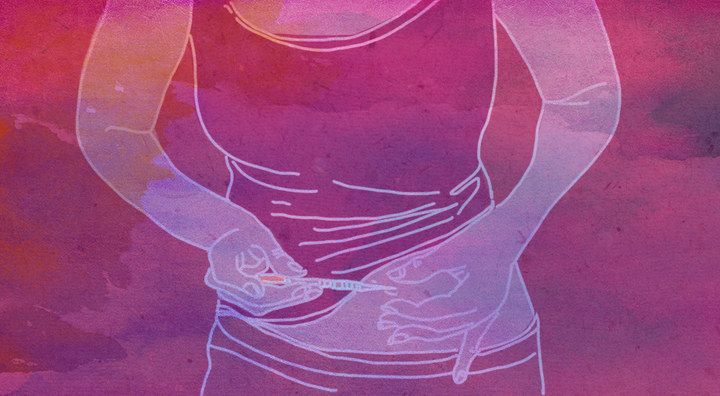A new paper shows a link between teens using electronic devices in the day and having trouble sleeping at night.
Smartphones and other electronic devices could be stopping teenagers getting enough sleep, according to a paper published in the journal BMJ Open this week.
Getty Images/iStockphoto KatarzynaBialasiewicz
The researchers found that using electronic devices during the day and night were related to sleep problems.
Teens who spent more than four hours on electronic devices outside of school – including games consoles, mobile phones, checking email, IMing and other computer use – were around 50% likelier to need an hour or more to get to sleep at night. They were also more likely to have a sleep deficit of nearly two hours a night.
Most teenagers in the study said they used a smartphone or computer in the last hour before bed, and this too was related to a roughly 50% increase in likelihood of taking an hour or more to get to sleep.
Nearly 10,000 teenagers between the ages of 16 and 19 in Norway participated in the study.

Participants completed questionnaires about what devices they used in the last hour before going to bed and how many hours per day they spent looking at a screen.
They also had to record what time they went to bed and what time they woke up, as well as how long it took them to get to sleep, how long they spent awake in the night after initially falling asleep, and how much sleep they thought they needed to feel rested.
The relationship between sleep and screen time is not necessarily a simple one. “Most likely the relationship between poor sleep and electronic media use reflects a self-perpetuating cycle,” write the authors of the paper.
Basically, it’s a vicious circle: if you can’t sleep, you might pick up your phone and amuse yourself, and make it even harder for yourself to get back to sleep.
Scientists have known for a while that light from laptops and smartphone screens disrupts our biological clocks.

“Although any type of light stops you feeling sleepy, research has shown that light towards the blue end of the spectrum is especially effective at keeping you awake,” writes Professor Richard Wiseman in his book Night School (Macmillan, 2014). “Unfortunately, computer screens, tablets, smartphones, flat-screen television, and LED lighting all emit large amounts of blue light.”
Scientists think it’s because blue light suppresses the production of melatonin, a hormone that regulates your sleep-wake cycle.
But light is not the only problem. The emotional stimulation of chatting to friends could also be playing a part.

“Active use of screens and social communication may all increase wakefulness and thus negatively influence your sleep,” lead researcher Dr Mari Hysing told BuzzFeed over email.
Though the study only focused on teenagers, Hysing says it’s “very probable” that the results would be similar for adults too. According to new recommendations by the National Sleep Council, teens need between eight and ten hours sleep a night and adults need between seven and nine.
As people who skip sleep in the week and lie in on the weekends will know, it is possible make up your sleep debts. But if you’re losing two hours a night, that’s a full 10 hours of extra sleep you have to fit in somewhere – not forgetting that before you do, you’re going to be .
So what can you do to stop it happening in the first place?
It sounds simple, but the best way to combat screen-based sleep deprivation is to keep your screens out of the bedroom entirely, says Hysing.

Hysing told BuzzFeed: “We also recommend that adolescents should be aware of the negative impact of electronics on sleep and try to find a good balance between school, friends, activities and screen time.”
So put away your phone and fight the urge to check Facebook just one last time before you nod off – your body will thank you for it.
6.
buzzfeed.com
7.
buzzfeed.com


















